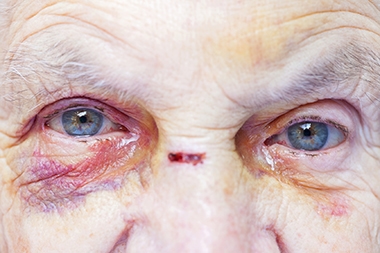Urgent care, by nature, is a fast-paced practice setting; patients come to your practice because they don’t feel like they can wait to see a primary care provider, after all. So, it shouldn’t come as a surprise that the pace can take its toll, especially on the clinical staff. Providers can reach the point of burnout if they’re not careful. Now, Practice Velocity has a few suggestions that might help, put forth in a blog …
Read More









